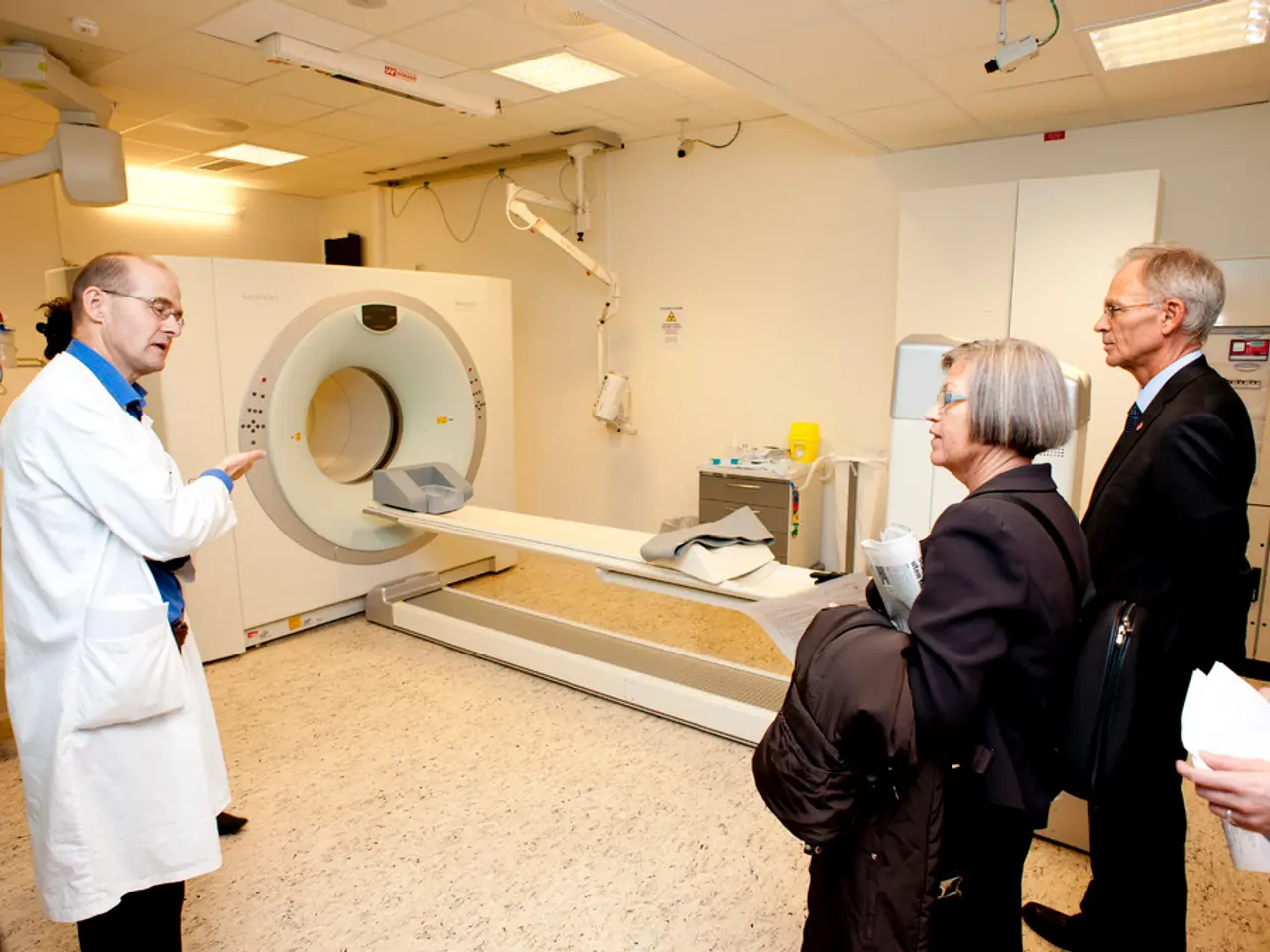NHS 10-Year Plan to focus on integrating "Value" across a comprehensive system overhaul aimed at rejuvenating the entire system
The Value-Based Procurement (VBP) system is playing a significant role in enhancing the efficiency and effectiveness of healthcare delivery within the National Health Service (NHS) of the United Kingdom. Despite the specific details of the NHS's 10-Year Plan and its direct mention of VBP not being provided, the importance of VBP in the context of NHS procurement strategies and broader healthcare objectives is evident.
The focus of VBP lies in improving health outcomes per pound spent, prioritizing lifecycle value over just cost. This approach aligns procurement decisions with patient care goals, thereby enhancing the quality and impact of healthcare services provided by the NHS. By encouraging innovation and improving supplier relationships, VBP can lead to more sustainable and effective healthcare solutions, crucial for long-term NHS strategies.
In the NHS context, VBP addresses ongoing challenges related to financial sustainability and resource allocation, helping to ensure more sustainable healthcare delivery. It also enhances patient care by focusing on patient outcomes, a core objective of any NHS strategic plan. Furthermore, VBP promotes collaboration across different teams and stakeholders, essential for implementing innovative healthcare solutions and integrating different services effectively.
The Government's 10-Year Plan for the NHS in England, expected to be published in early July, is likely to propose a revitalised system architecture to enable a shift from analogue to digital, hospital to community, and sickness to prevention. The Plan aims to repair the "broken" NHS, drive down elective waiting lists and times, and advocate for the early adoption of Artificial Intelligence and other digital technologies.
The Department of Health and Social Care (DHSC) is developing a new approach to purchasing Medical Technology (MedTech) through the Value Based Procurement system. The MedTech and Innovation Directorate is developing its VBP Standard Guidance and supporting digital platform. The next, "Alpha" phase of the project will go out to procurement to invite bidders to submit proposals and costs for developing an effective digital platform.
Industry must engage with the Alpha phase to ensure a balanced approach in the assessment of medical devices. Proper provision should be made for new, innovative products for which comparisons with existing products are challenging. Clinicians should be heavily involved in developing the new system to prioritize patient experience and outcomes.
Real-world data and case studies will be essential to the project's success. The sector needs to press for a rapid rollout of the new approach in primary and community care. The Plan includes expectations to deliver a neighbourhood health service, a revolution in patient power through technology, a modern culture and new workforce model for NHS staff, and a science and technology powered health system.
As the VBP system continues to evolve, it is clear that its alignment with broader NHS goals—such as improving patient outcomes, enhancing efficiency, and promoting sustainable healthcare—makes it an important component of NHS procurement strategies. The sector should emphasize the importance of whole system cost savings and improved patient outcomes as the main thrust of the Plan.
- The Value-Based Procurement (VBP) system, with its focus on lifecycle value, encourages the development of medical devices through innovative technology, such as artificial intelligence, contributing to the science-driven health-and-wellness sector.
- As the VBP system integrates with the National Health Service's (NHS) strategic plans, it fosters collaborative relationships between industry, clinicians, and various stakeholders, promoting the investment in health-and-wellness and the finance needed for long-term sustainability and innovation.
- By prioritizing patient care and emphasizing health outcomes, VBP drives the adoption of medical devices and digital technologies integral to the government's 10-Year Plan for the NHS, ultimately revolutionizing primary and community care, as well as patient empowerment through technology.
- The business strategy behind VBP involves the efficient management of resources, technology, and finances in the healthcare sector, paving the way for a modern workplace culture and the integration of science, technology, and artificial intelligence into healthcare solutions for improved health outcomes.




